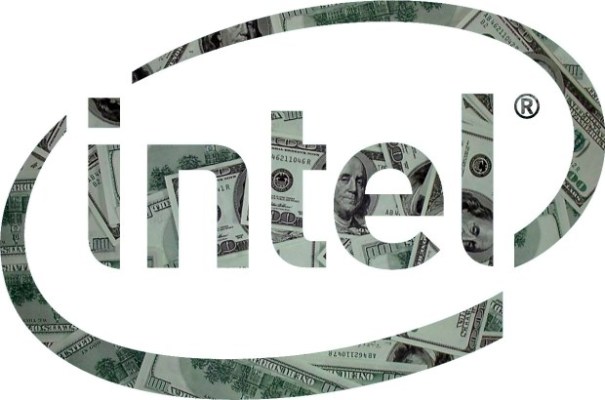Intel today announced that CEO Paul Otellini will retire in May. In a press release, the company said that Otellini will take his leave at the company’s annual stockholder meeting in May, with the stated intent of easing the management transition during the next 6 months. Otellini has been CEO of Intel since mid 2005, and saw annual revenue grow from $38.8 billion to $54 billion through the end of 2011, but some crucial failures in mobile and a changing revenue picture might have led in part to this decision.
“I’ve been privileged to lead one of the world’s greatest companies,” Otellini was quoted as saying in the press release. “After almost four decades with the company and eight years as CEO, it’s time to move on and transfer Intel’s helm to a new generation of leadership. I look forward to working with Andy, the board and the management team during the six-month transition period, and to being available as an advisor to management after retiring as CEO.”
Intel has managed to become the processor of choice for essentially all desktop and mobile computing, and even managed to get Apple to switch away from its PowerPC processors to Intel chips in 2005. But the company was notoriously slow to act when the mobile market began to emerge, and continues to have next to no presence on smartphone platforms, where ARM-based designs created by competitors like Qualcomm are the standard. Intel’s most recent quarterly results paint a much different picture than the period highlighted in its press release, with the company reporting modest results and projecting a very conservative outlook.
Intel hasn’t been the luckiest with mobile efforts. In recent years, it saw webOS collapse after initially partnering with HP on some of those efforts. And then Nokia dropped MeeGo, and Intel announced it would go it alone, but the company recently seems to have given up on that pursuit as well. Intel’s mobile processor efforts have been overall not very successful, despite reports from a couple of years ago that had the PC chipmaker talking tough about going head-to-head with ARM.
